Investing Your Time Intentionally Is the Key to Unlocking Productivity

There are as many different ways to use calendars as there are people. Not only that, but if you’re like me, the way we use them continues to change. Not to mention, that calendars themselves keep changing. They have gone from tracking days by scratching a mark in the wall of a cave to now being computerized.
Purpose driven people are constantly looking for ways to be more productive.
I don’t know if I’m going through a phase or if getting older is making me more aware of the limited time I have to spend. Either way my desire to be more productive is at an all-time high.
When scheduling things, it is important to be flexibly rigid. This is balancing the importance of planning with intentionality and the realization that life happens. Finding that balance is hard.

One of the benefits to a computer calendar is the ease with which things can be added, shared, moved or deleted…this is also a detriment. Over the past few years I realized that I was moving things on the calendar that I had scheduled with myself. I would schedule tasks for myself on the calendar and they would get pushed back and back and back again. Then I realized I wasn’t giving meetings with myself as much importance as those with others.
Then I realized the calendar is like any other tool. It doesn’t serve its purpose if it isn’t used properly.

The first thing with any tool is to determine what its purpose(s) is and use it accordingly.
- Scheduling meetings – The most basic purpose of a calendar is for scheduling meetings. These may be recurring meeting or one-time meetings. Scheduling our tasks as meetings with ourselves and giving them equal importance is critical to productivity.
- Reminder of things ahead – This could be meetings, events, actions, birthdays, anniversaries, etc.
- Budgeting time – Similar to money a calendar can work like a budget for time. When you start filling out the calendar there is a limit to how much space there is. When it gets filled up, you’re going to need to stop trying to spend more.
- Prioritizing what you spend time on – Once the calendar is full and there are still things to put on it, you must decide what goes on and what comes off. This calls for a time triage
Determine what works best for you and use your calendar accordingly.
Some days I would accomplish almost everything on my list and then there were days where it felt like I hadn’t achieved hardly anything. As I began to study why that was, it became apparent that the most productive days were the ones that I had packed the calendar full, from beginning to end, even little things. The days that were less productive had more unscheduled and open time. I realized that when my day was scheduled so full that I didn’t think I could get it all done, I was focused and did much better at staying on task.
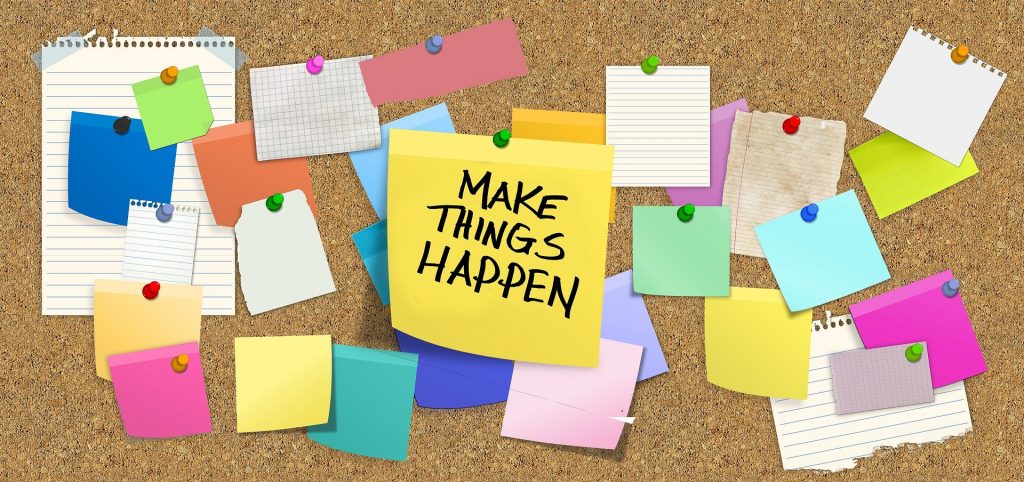
Over the past few weeks, I’ve been scheduling my calendar full, to the point of some days being scheduled tight without any open space. In doing this I have noticed that I have been consistently more productive. This doesn’t mean that everything gets done, just that I’ve been more productive.
There’s still a lot of room for improvement, but this seems to be working.
I still need to work on being wiser about what I spend my time on. There’s limited time so we all need to be good stewards of the time we’ve been given. Being productive requires intentional action. Productivity seems like a big monster, but we can take him out if we’ll just start implementing small steps in the right direction.




 The first you are probably familiar with; it’s the story of
The first you are probably familiar with; it’s the story of  The other story that he told was less popular. It’s a story about a Mexican priest,
The other story that he told was less popular. It’s a story about a Mexican priest, 


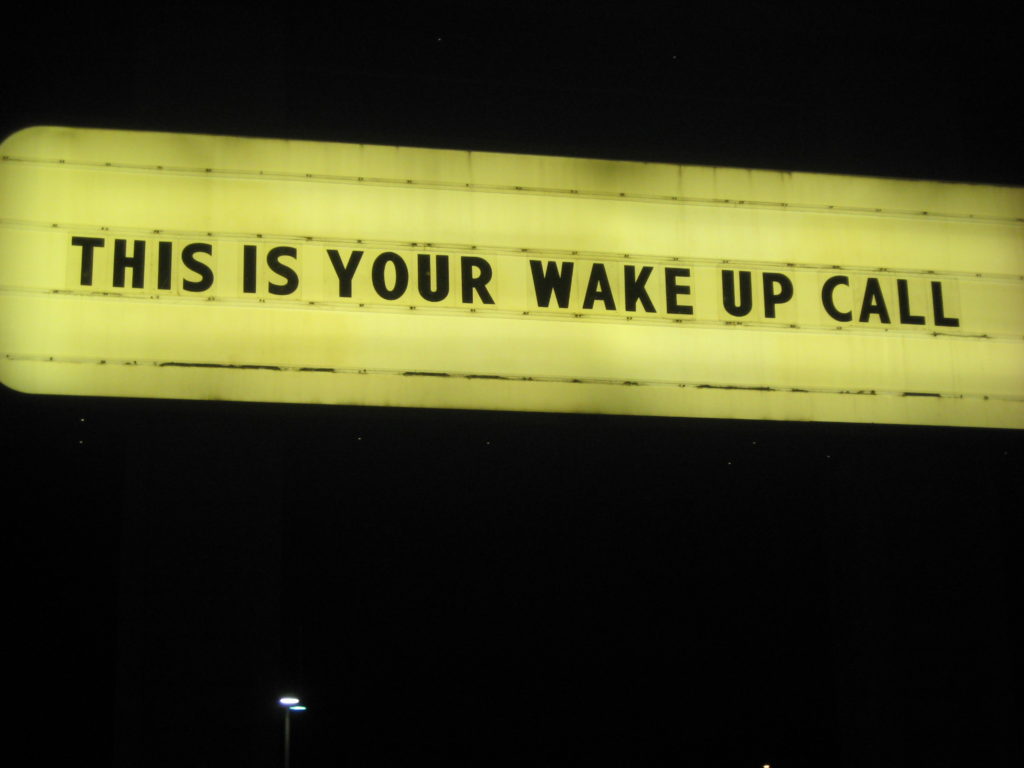







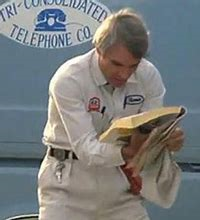
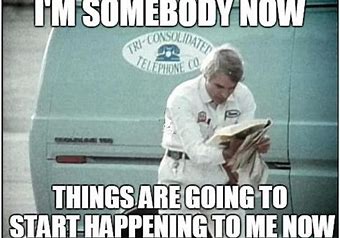

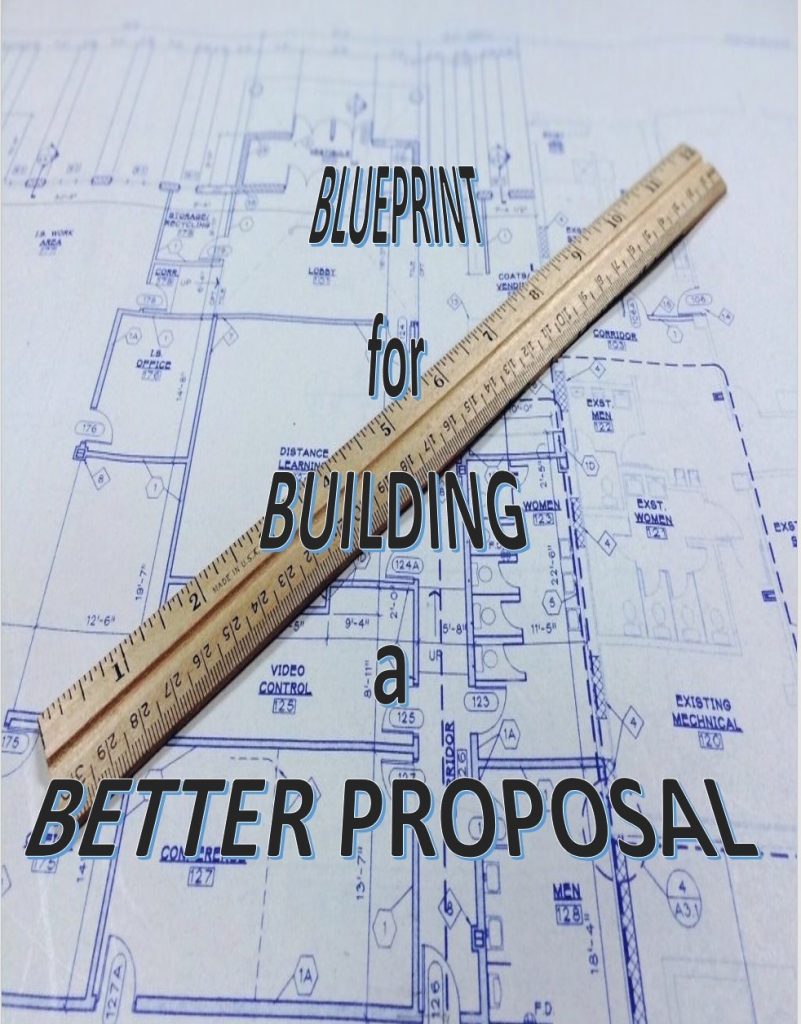

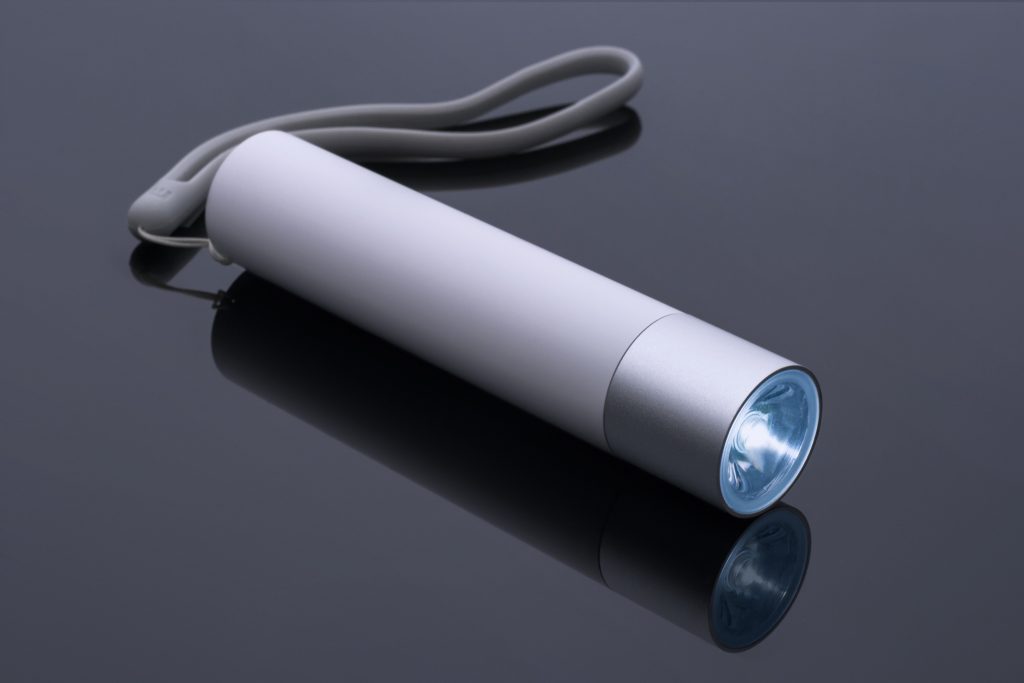





 Exclusive makes us feel special. We want to be somebody, to be valuable, to stand out from the crowd. We think exclusive clubs will do this for us. If there’s only room for a few and I get in, then I’m important.
Exclusive makes us feel special. We want to be somebody, to be valuable, to stand out from the crowd. We think exclusive clubs will do this for us. If there’s only room for a few and I get in, then I’m important. There’s a different kind of club out there called the Kingdom Club. It’s inclusive and easy to join. All that’s required is accepting the invitation and willingness to follow a few simple rules.
There’s a different kind of club out there called the Kingdom Club. It’s inclusive and easy to join. All that’s required is accepting the invitation and willingness to follow a few simple rules.

 I’ve answered 11 of the 21
I’ve answered 11 of the 21  I do more residential than commercial but do both. Commercial tends to be less relational than residential. I’ve always felt like the relationship between the customer and contractor is more than only a business transaction. In order to serve the customer well I need to get to know them. This only happens if a relationship is built. Commercial projects normally are more transactional.
I do more residential than commercial but do both. Commercial tends to be less relational than residential. I’ve always felt like the relationship between the customer and contractor is more than only a business transaction. In order to serve the customer well I need to get to know them. This only happens if a relationship is built. Commercial projects normally are more transactional.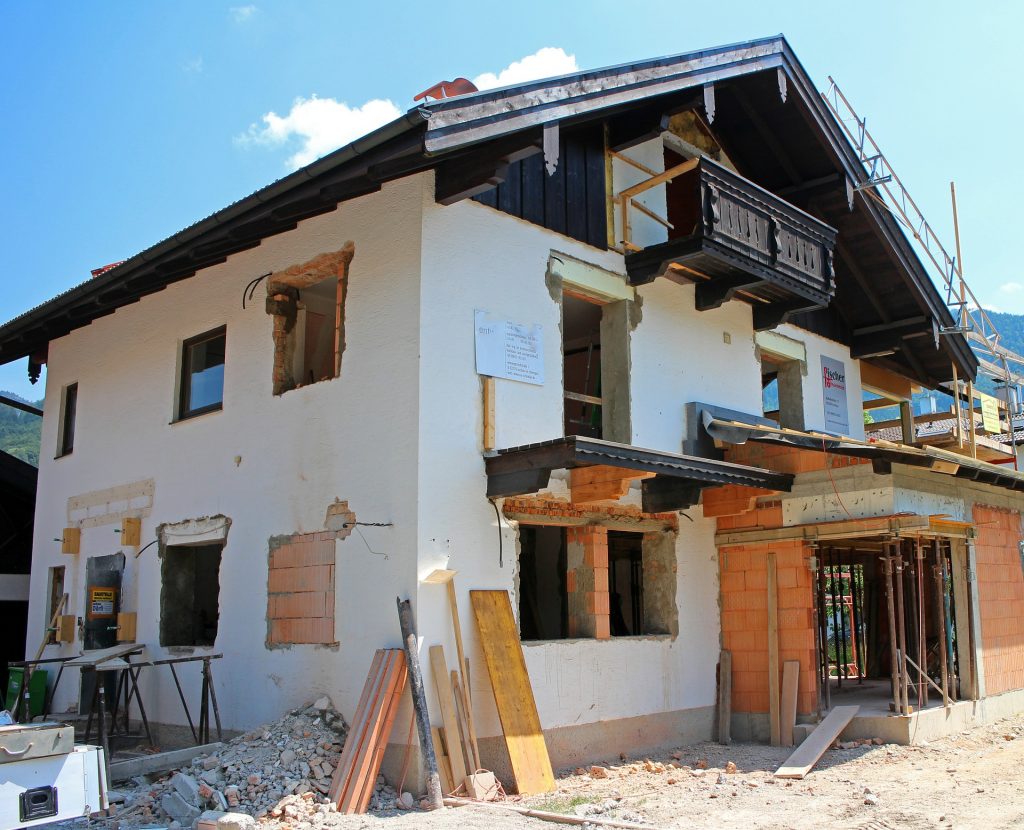 I do mostly renovations and remodeling projects. New construction is less challenging than remodeling. New construction has less restraints than renovations do. It takes more out of the box thinking to take an already existing structure and change it into something different. I love the challenge of finding a solution to these projects.
I do mostly renovations and remodeling projects. New construction is less challenging than remodeling. New construction has less restraints than renovations do. It takes more out of the box thinking to take an already existing structure and change it into something different. I love the challenge of finding a solution to these projects. No. In this part of the country this hasn’t even been a part of the discussion up until recently. It still isn’t a big issue for local construction projects. If buildings are built up to the current building codes for our area, past tremors won’t be any reason to change this. Our focus should be on high winds and tornados.
No. In this part of the country this hasn’t even been a part of the discussion up until recently. It still isn’t a big issue for local construction projects. If buildings are built up to the current building codes for our area, past tremors won’t be any reason to change this. Our focus should be on high winds and tornados. This depends on where the building project is located, some places don’t require any. Normally there is at least one “building permit” for each project. There are also different permits for different areas of the project, i.e. plumbing, electrical, HVAC, etc. that are sometimes required. All permitting is determined by the local jurisdiction, so it is important to find out what the regulations are for the location where you plan to build before you start.
This depends on where the building project is located, some places don’t require any. Normally there is at least one “building permit” for each project. There are also different permits for different areas of the project, i.e. plumbing, electrical, HVAC, etc. that are sometimes required. All permitting is determined by the local jurisdiction, so it is important to find out what the regulations are for the location where you plan to build before you start. Your definition of a “tiny house” will depend on how I answer this question. I have built three very tiny houses. None of these were built for living in, not that someone couldn’t have. The three tiny houses were built for playhouses but were more than a normal playhouse. All of them were built with the same construction as a full-size house…just smaller…a lot smaller.
Your definition of a “tiny house” will depend on how I answer this question. I have built three very tiny houses. None of these were built for living in, not that someone couldn’t have. The three tiny houses were built for playhouses but were more than a normal playhouse. All of them were built with the same construction as a full-size house…just smaller…a lot smaller.




 This is the 3rd in the series of answering the questions asked by the Scout group. The
This is the 3rd in the series of answering the questions asked by the Scout group. The  This will vary on each project and will depend on the customer’s needs and goals, but as a general contractor I usually provide subcontractors. As an example of varying
This will vary on each project and will depend on the customer’s needs and goals, but as a general contractor I usually provide subcontractors. As an example of varying  between projects, the owner of the project we’re currently working on is a retired electrician, so he’s doing the wiring on this project.
between projects, the owner of the project we’re currently working on is a retired electrician, so he’s doing the wiring on this project. I think the piece of equipment that I use the most often is a hammer. Some people would probably consider equipment as something motorized or powered. According to
I think the piece of equipment that I use the most often is a hammer. Some people would probably consider equipment as something motorized or powered. According to  Here we are again, manual vs. powered. I definitely “prefer” using electrical equipment or most any power tool over manual. Power tools make most tasks they’re used for easier. However, depending on the task being performed in some cases the manual tool is better suited and more productive. For example, you shouldn’t use a pneumatic nail gun as a hammer to drive a board into place.
Here we are again, manual vs. powered. I definitely “prefer” using electrical equipment or most any power tool over manual. Power tools make most tasks they’re used for easier. However, depending on the task being performed in some cases the manual tool is better suited and more productive. For example, you shouldn’t use a pneumatic nail gun as a hammer to drive a board into place. The size of the project will usually dictate how the foundation will be dug. If the project requires moving a large amount of dirt, for example a basement, then typically a large excavator (link) will be used. If it’s something
The size of the project will usually dictate how the foundation will be dug. If the project requires moving a large amount of dirt, for example a basement, then typically a large excavator (link) will be used. If it’s something smaller, we would most often use a mini excavator. (link) If the project is small enough or inaccessible to equipment then it could be dug by hand with a shovel.
smaller, we would most often use a mini excavator. (link) If the project is small enough or inaccessible to equipment then it could be dug by hand with a shovel.
 This answer depends on how we want to define “injury”. Some people would consider a splinter an injury. For this answer I’m going to define injury as something requiring medical attention, i.e. stiches, broken bones, requiring a doctor’s attention, etc. During my forty plus years in construction I have personally witnessed or actually been injured 8 – 10 times. If I take that number of times over the forty years, that’s .000137%. As dangerous as construction sites are and as much construction that’s done, surprisingly it’s not as often as one might expect. The key is working smart and safe.
This answer depends on how we want to define “injury”. Some people would consider a splinter an injury. For this answer I’m going to define injury as something requiring medical attention, i.e. stiches, broken bones, requiring a doctor’s attention, etc. During my forty plus years in construction I have personally witnessed or actually been injured 8 – 10 times. If I take that number of times over the forty years, that’s .000137%. As dangerous as construction sites are and as much construction that’s done, surprisingly it’s not as often as one might expect. The key is working smart and safe. This is one of the most interesting questions asked and easiest to answer. I can answer it with a resounding NO. This is not to say they can’t be broken, but it takes a lot to break one.
This is one of the most interesting questions asked and easiest to answer. I can answer it with a resounding NO. This is not to say they can’t be broken, but it takes a lot to break one.